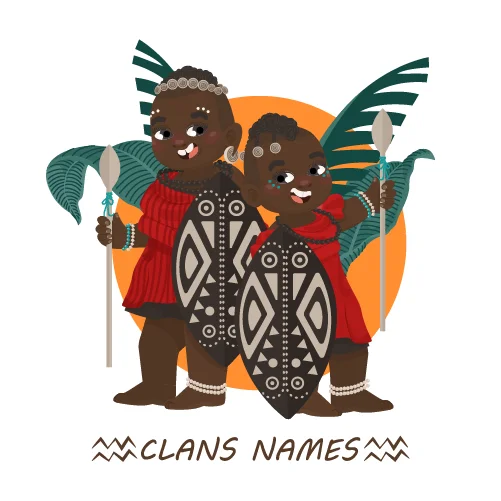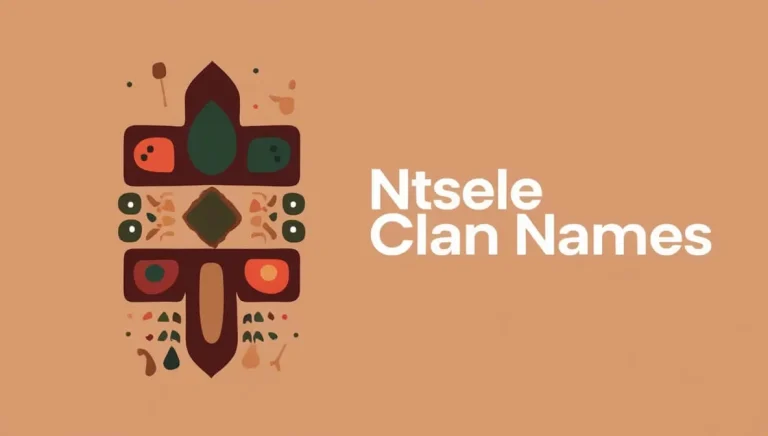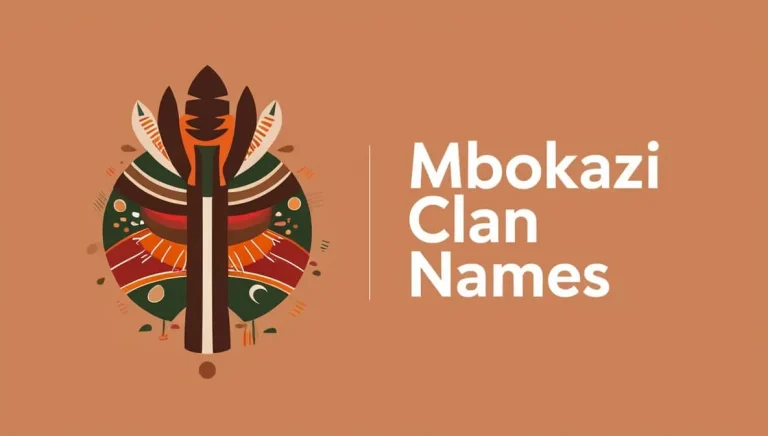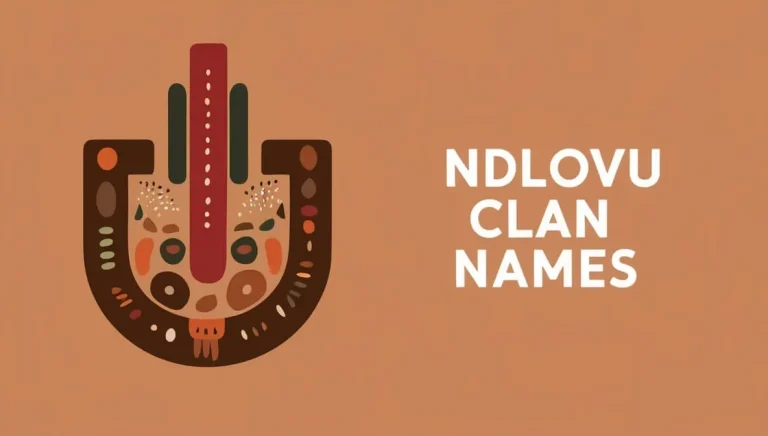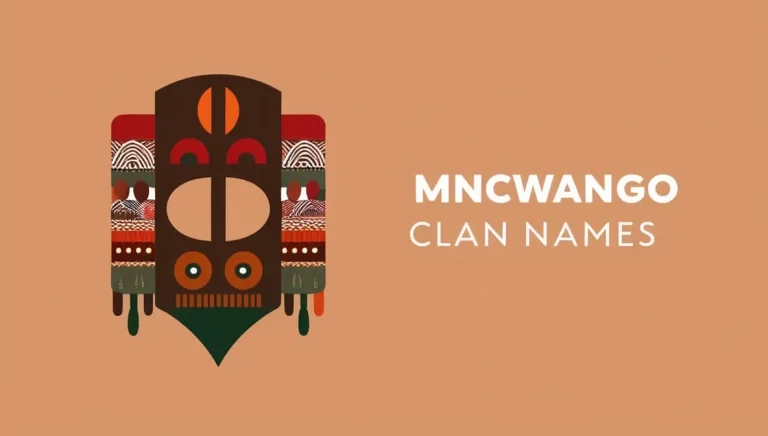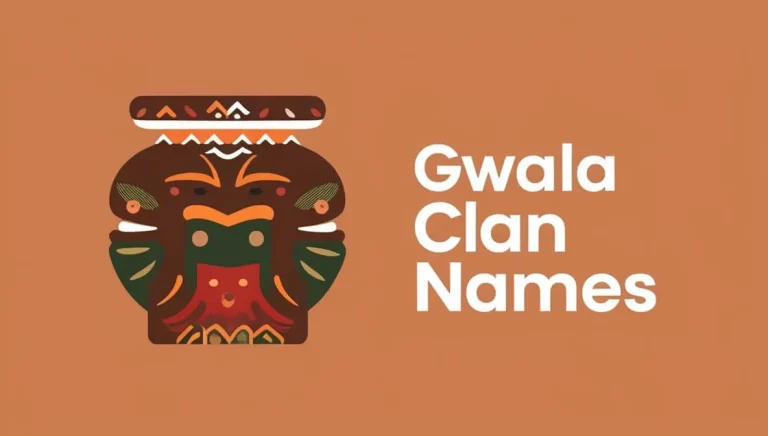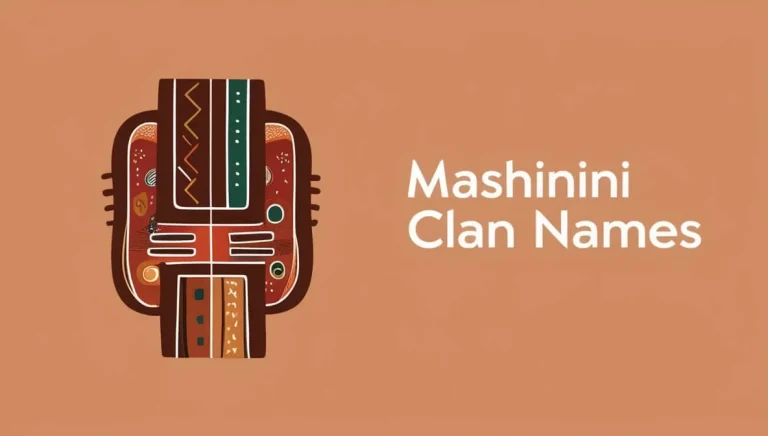Izithakazelo Zakwa Mashaba Clan Names History and Origin
The Mashaba Clan is an esteemed lineage which has woven its legacy into South African culture and tradition since their time-honored ancestor showed great strength and courage.
Due to globalization, surnames have spread beyond their countries of origin and it is not unusual to encounter Mashaba as a surname in many different nations across the globe.
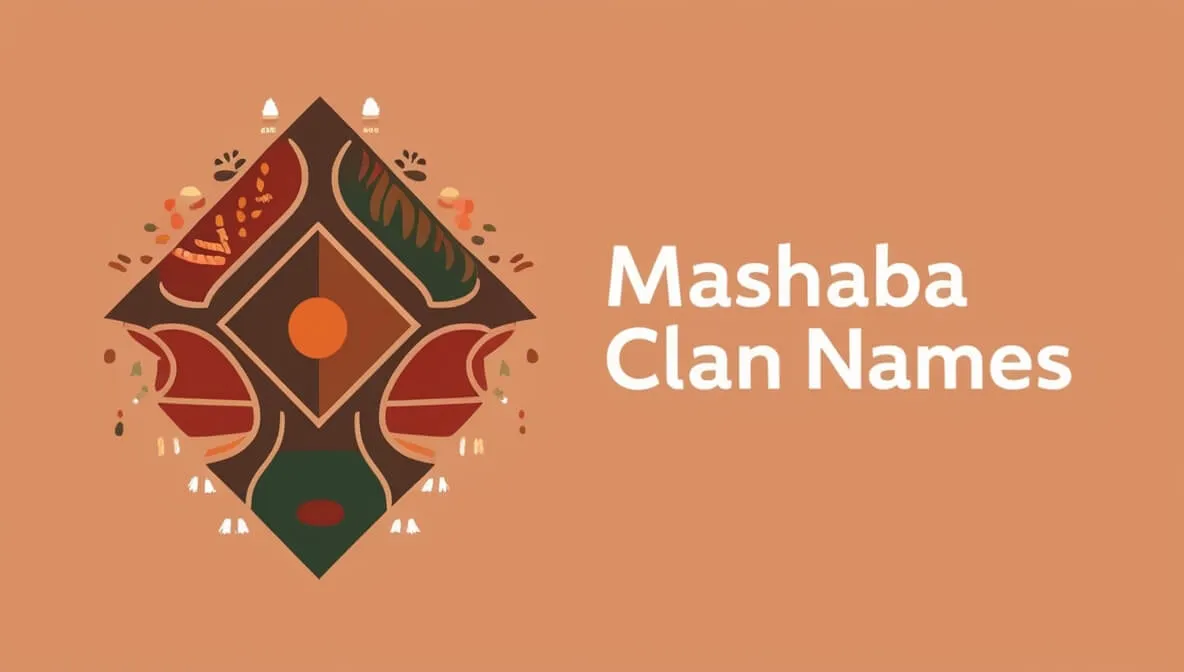
Mashaba Clan Names
The Mashaba clan has a set of izithakazelo (praise names) that honor their lineage. Here are the Mashaba Clan Names:
- Mashaba
- Mabaso
- Ndlovu
- Mafukuzela
- Sihlangu
- Duma
- Mkhaliphi
Tsonga Clans
The Tsonga are an ethnic clan grouping found throughout Mozambique and South Africa’s Northern Province. The term Tsonga also serves as a national identity that unifies these different groups linguistically and culturally.
Even though these clans assimilated some cultural elements from Xhobo, Ngoni, and Zulu cultures it did not mean that their communal and tribal system of government became hybrid; their focus remains rooted in familial bonds which bound them together as one nation.
Every family unit consisted of a father, his wives and children as well as those of his sons and their families. The eldest son acted as priest during sacrifices to ancestral spirits; new babies were cleansed after birth before being presented to their father who gave them a forename that often represented an attribute or totem word; additionally he would act as priest at circumcision ceremonies performed on young boys and girls by him or one of his sons.
Some Tsonga tribes like the Ndau have merged with the Tsonga, while others like Chopi have chosen not to accept its terms of reference. Dr Junod considers all Tsonga clans to be classified as Tsongas but disagrees with including Vacopi and Ndau as part of this definition.
Tsonga Totems
The Tsonga people are believed to be descendants of the first humans who emerged from an underground hole in southern Mozambique. They hold strong beliefs in supernatural powers associated with their ancestors and in belonging to their land and community.
Tsonga people believe there is a divine spirit (Tilo) who created humans and resides in heaven, as well as that each individual possesses both an ancestral spirit (mmiri) and additional spiritual qualities called ndzuti that enter their bodies upon birth and influence their human characteristics; upon death it leaves and rejoins its ancestors in the spirit world.
Tsonga culture reveres and honors their ancestors through prayers, offering food, beer and animal sacrifices, dreams communication with descendants through dreams or divination and burial in sacred sites known as “gandzelo”.
Each clan has several burial grounds where ancestor bodies may be laid to rest – and offering on special occasions or when experiencing difficulty or illness are made as a tribute.
At birth, babies are generally cleansed and swaddled before receiving their names from either their grandfather (if it’s a boy) or grandmother ( if it’s a girl). Once given, this name must be announced to all members of their community within approximately one month.
Tsonga Culture
Tsonga culture is heavily based on family ties. At its core lies nuclear families with authority residing with father. Tsonga men may marry multiple wives at one time while women’s families tend to form extended clan-based units with lineages and clan hierarchies.
Tsonga women excel at weaving and pottery making, while their children assist with agriculture work. Herding is another profession they possess; however, with formal education many Tsonga have moved into urban areas seeking employment opportunities.
Tsonga men traditionally took wives from another clan; now, however, any woman of good reputation may become their partner in marriage.
Although first cousin marriage is prohibited by tradition among this culture, fathers can suggest maidens for their son to marry. Tsonga also practice ancestor worship, believing that after death the spirit returns to rejoin its ancestral clans with its characteristics intact.
Most Tsonga practice Christianity, while their traditional beliefs remain strong in rural areas. They believe in one supreme creator and often visit traditional healers called nanga for spiritual guidance and rituals to contact their ancestors. Furthermore, many Tsonga believe spirits can possess animals to provide food, protection, or other essential needs to them.
Tsonga History
Tsonga people believe strongly in life after death, viewing those who have passed as an integral part of their family and offering welcoming ceremonies for them as they transition into spirit world. Furthermore, the Tsonga believe that those who have died remain closely tied to their humanity and can interact with their relatives even after passing.
Traditional Yemenite communities were composed of circular huts that formed compounds around a boma for livestock and meeting place (huwo). Women were responsible for clearing and planting cassava, potato, sorghum, maize crops as well as raising goats and chickens in these compounds; being especially careful to avoid Tsetse Fly breeding areas which might contaminate their herds with disease.
Tsonga are an ethnic and cultural group distinct from others found throughout South Africa such as Ngonis of Inhambane, Zulus from Zululand and Karanga from KZN. While elements from other cultures have filtered in, Tsonga remains uniquely their own when it comes to language, culture and traditions.
Some writers refer to Tsonga workers in mines in South Africa in the late 1800s by calling them Shangaans; however Junod instead prefered using Vatsonga instead – both names not reflecting an ethnological identity or reflecting political compromise; Junod preferred using Vatsonga instead –
